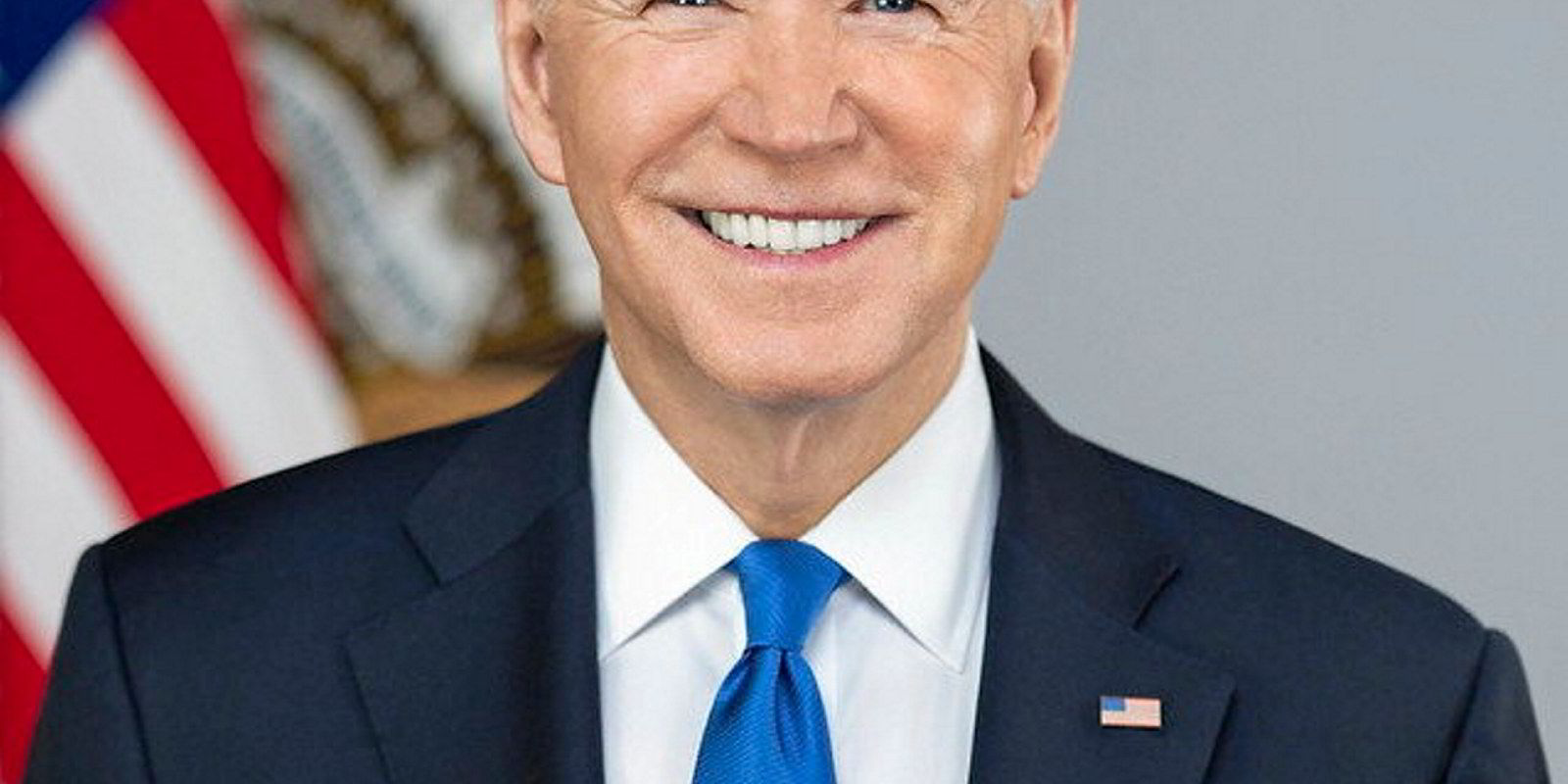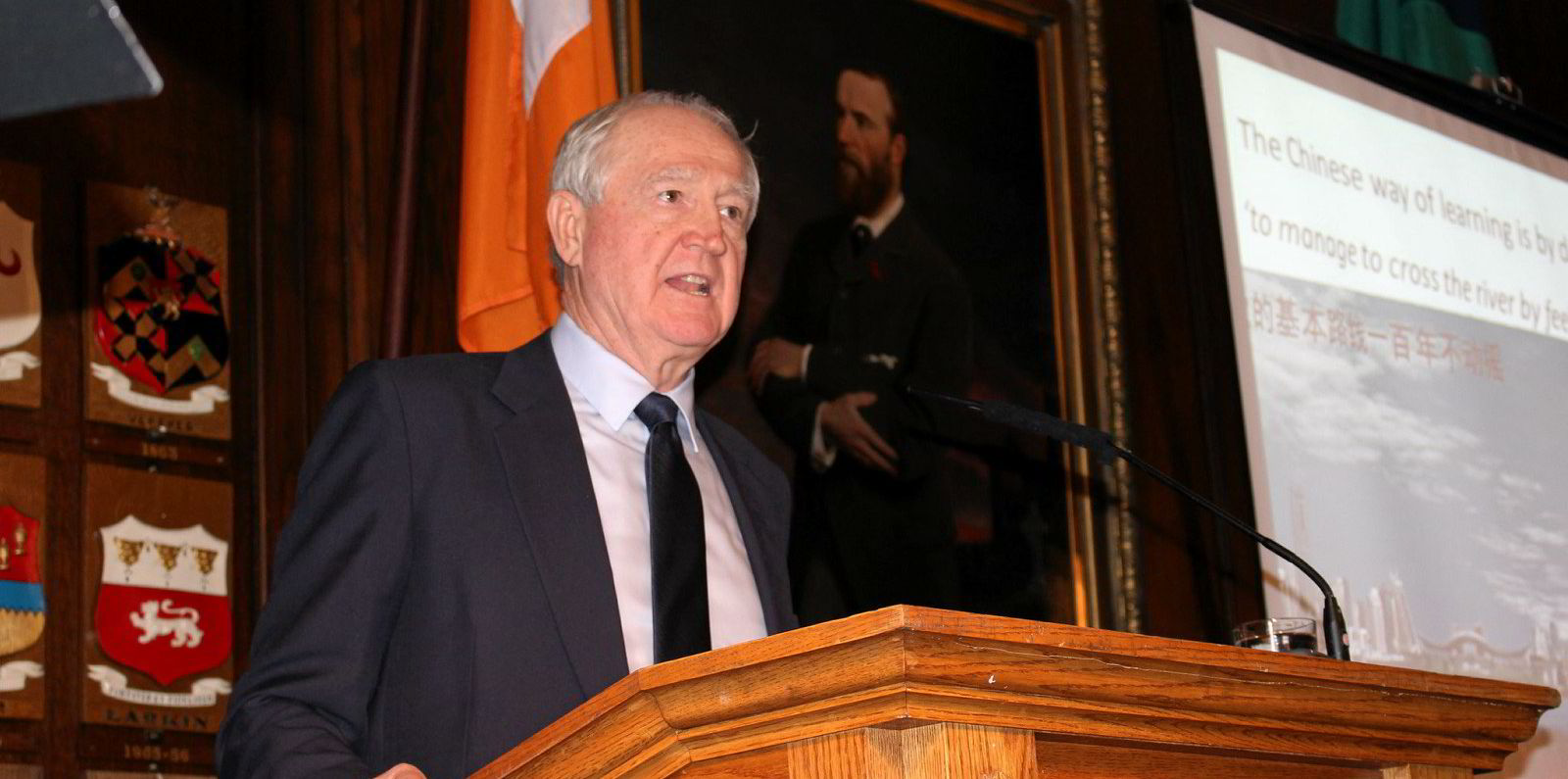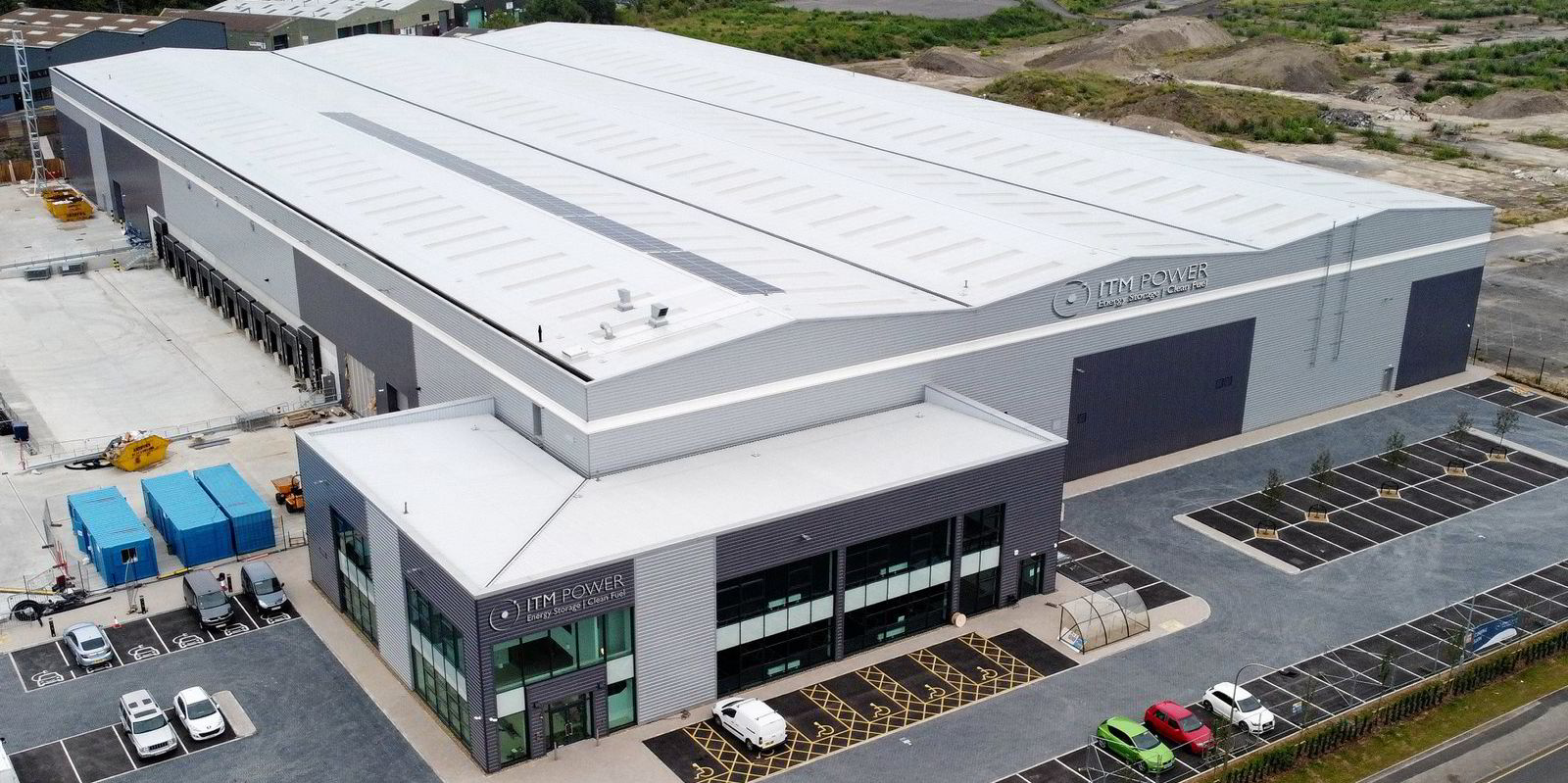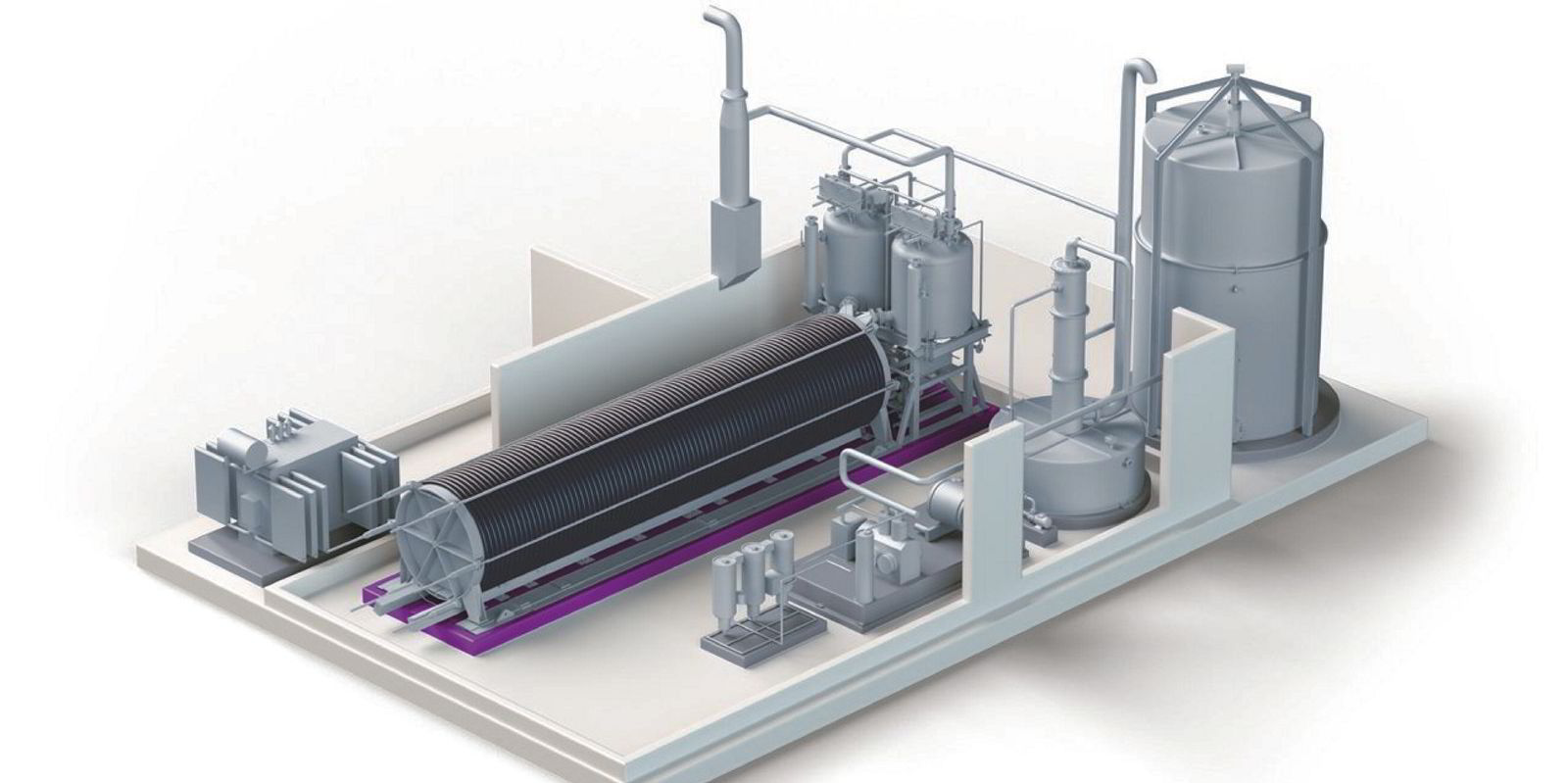The US back in the Paris Agreement, a giant oil & gas trunkline cancelled and a push underway for decarbonised electricity by 2035 – what a difference a day made when Joe Biden took the oath as America’s 46th President.
The phrase ‘new era’ is sometimes overused, but it felt like the appropriate reaction from clean-energy groups as they hailed the incoming President’s agenda after his historic inauguration.
The sense of both anticipation and relief was palpable – and understandable – given both the ambition of the new President and the contrast with the chaos that preceded him.
Ah yes, the now ex-President. The Trump administration was causing headaches for the US clean energy sector right to the bitter end, as Recharge exclusively revealed when we reported the curious tale of an apparent bid to complicate the progress of Californian offshore wind that was swiftly reversed by Biden officials.
Recharge really couldn’t let the Orange One himself depart without one last look at some of the lowlights of his pronouncements on wind power – and end with the observation that despite four years of Donald Trump’s anti-renewables hostility, and the deadly challenges of the Covid pandemic, American wind power has never been in better shape. And that’s not fake news…
If Joe Biden was the man of the week, there’s no doubt the deal of the week in clean energy was the controlling 75% stake taken by Norway’s Aker Horizons in Mainstream Renewable Power, an agreement that values the Ireland-based global developer at up to €1bn ($1.2bn).
Mainstream’s founder and chairman Eddie O’Connor in an exclusive article for Recharge hailed the agreement as a sign of things to come for the energy transition – “a large-scale, bold investment; precisely the kind of partnership that can truly create energy champions of the future”.
The deal with Aker Horizons, which has a history in the oil & gas industry but has recently spun-out its offshore wind business, also ended a hunt by Mainstream for a new investor that reportedly attracted the interest of a clutch of big hitters from oil & gas among others – underlining the attractiveness not just of the global clean energy portfolio O’Connor and his colleagues built, but of the entire renewables sector.
The imperative for oil & gas-focused operations to seek new markets was underlined by new research from Rystad Energy, which warned the fossil players will have to face “existential changes” to survive the energy transition after deal values came crashing down last year.
The electrolyser price wars have begun. Recharge revealed this week how the crucial technological link in the green hydrogen chain is looking up in scale and down in costs.
First we reported how ITM Power expects completion of its first ‘gigafactory’ to cut electrolyser costs by 40% over the next three years.
Not to be outdone, fellow sector pioneer Nel said its own massive production ramp-up will slash cost of its electrolysers by three quarters and help propel green hydrogen to parity with the grey variety made using fossil fuels as soon as mid-decade.
This is good news for the green H2 projects springing up like summer flowers in a meadow across Europe and the world. Recharge carried news of two of the latest this week. First, we reported how global offshore wind number-one Orsted expects to produce its first renewable H2 as soon as this yearafter taking a final investment decision on a project in Copenhagen.
Then it emerged that Shell, Vattenfall and Mitsubishi Heavy Industries will link for one of Europe’s most ambitious wind- and solar-powered hydrogen hubs planned so far, sited in a former coal plant in Hamburg.






